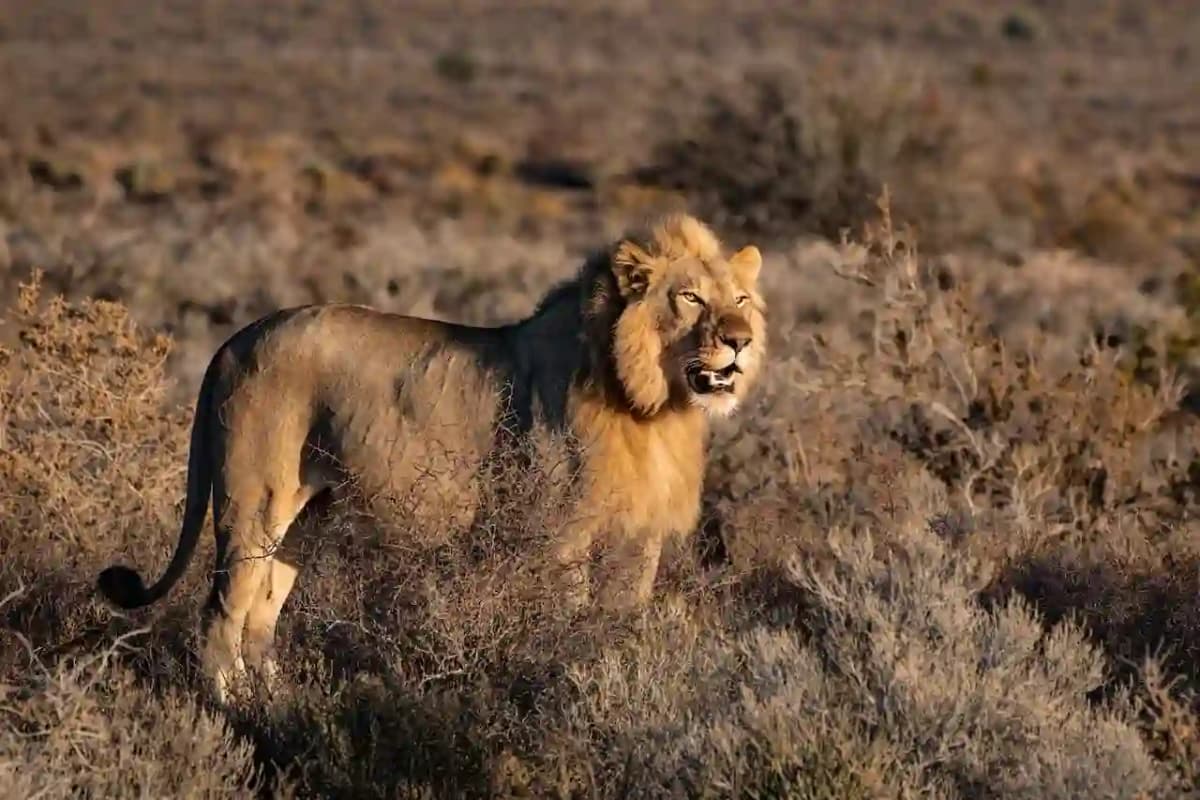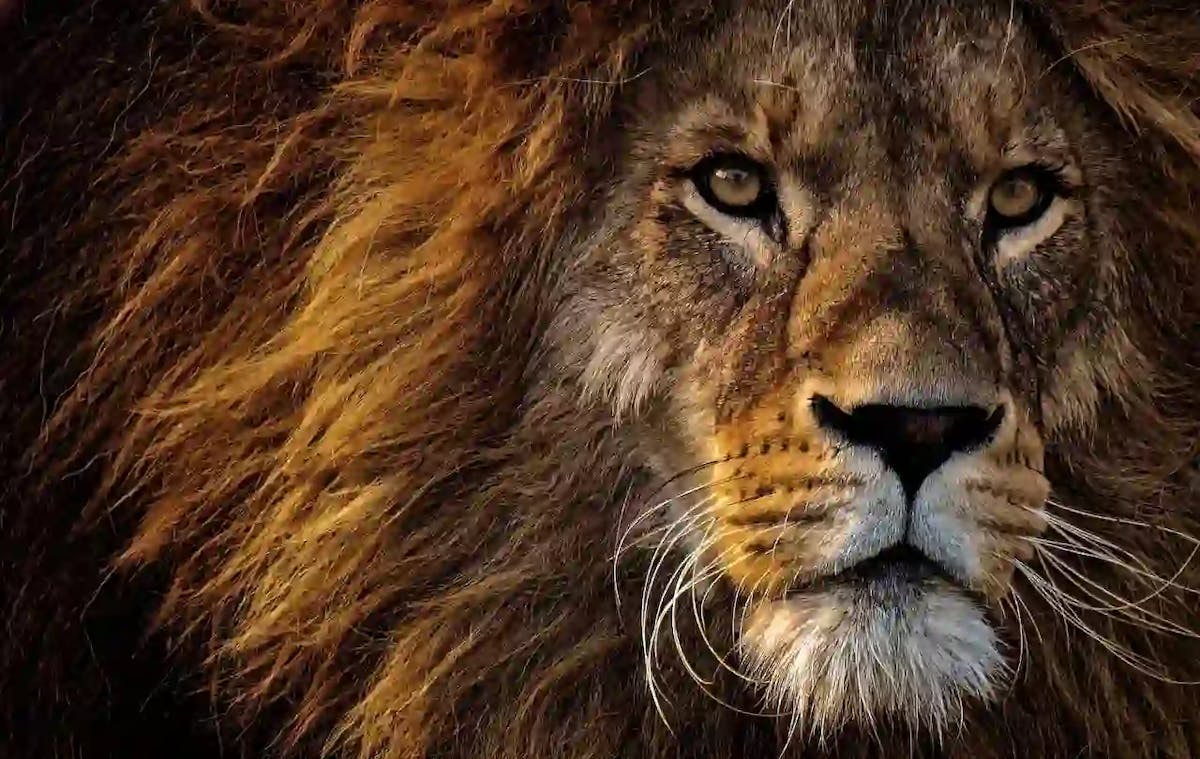Random Fact About Lions | The lion, often called the king of the jungle, is truly an amazing animal. Besides its majestic look and powerful roar, it has some really interesting traits that make it special. One cool thing about lions is how they live in groups called prides. These prides mostly have related females and their babies, with only a few big, strong males allowed. This helps them work together to hunt, protect their territory, and take care of their babies. Lions are not just strong—they're also really smart!
Lions have some really interesting ways of talking to each other! While other big cats like to purr, lions have a whole range of sounds they can make. Besides their famous roar that they use to talk to far-off lions, they also grunt, growl, and snarl to show different feelings or plans to their pride. These sounds help them figure out who's in charge and keep their group working well together. Lions are like big talkers with their own language!
Most Interesting Facts About Lions
Lions are really good hunters, but surprisingly, they only catch their prey about half of the time. They work together to sneak up on animals and usually go for the weakest one in a group. Even though they're skilled, they sometimes miss their target, so they might go hungry for a few days before they catch something to eat. Also see:- Random Facts about Otter, Random Facts about Llama

Lions might seem scary when they're sneaking around in tall grass or hunting at night, but they also have really sweet moments with their families. Baby lions, called cubs, play together a lot, which helps them get closer as a family. It's also like practice for when they're older and need to hunt. Watching lion cubs play-fighting or practicing pouncing on each other is not just cute, it also shows that even big, tough animals like lions can be gentle and playful sometimes.
